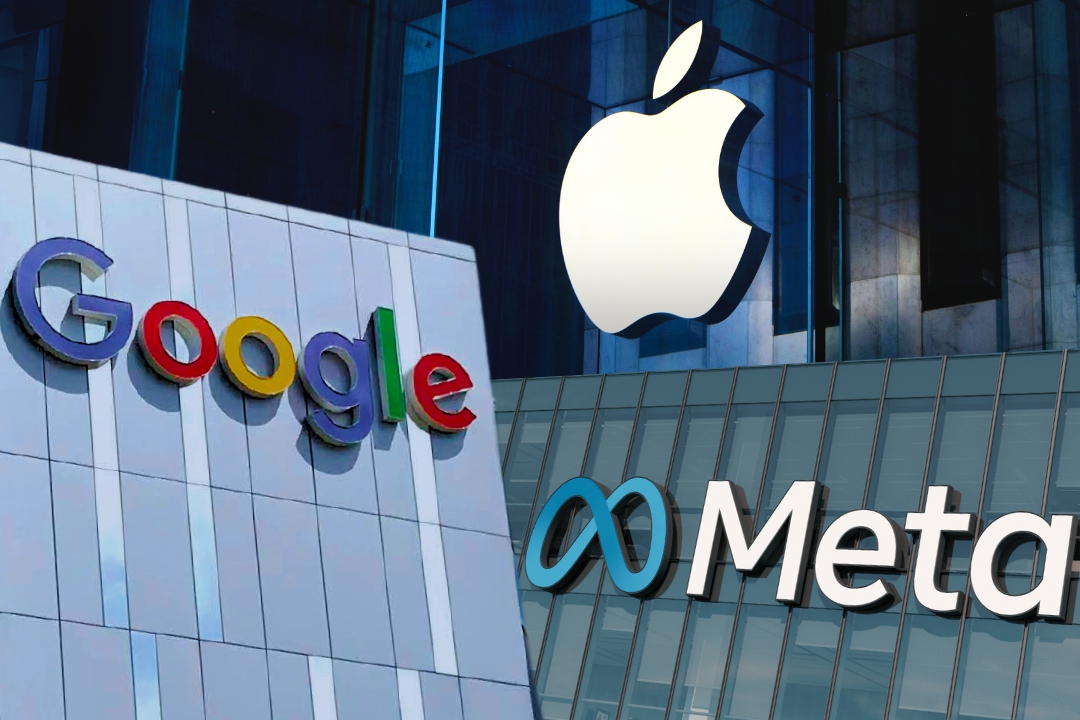
The European Union (EU) has initiated investigations into major tech corporations, including Meta, Apple, and Alphabet, the parent company of Google, citing concerns of potential breaches of the Digital Markets Act (DMA) introduced in 2022. If found guilty, these companies could face substantial fines amounting to up to 10% of their annual turnover.
The investigations were jointly announced by EU antitrust chief Margrethe Vestager and industry head Thierry Breton. Despite only six companies falling under the DMA obligations, they represent the global tech titans: Alphabet, Apple, Meta, Amazon, Microsoft, and ByteDance.
It’s worth noting that none of these companies are headquartered in Europe; five are based in the United States, while ByteDance operates from Beijing.
The probes into Meta, Apple, and Alphabet come hot on the heels of their recent submission of compliance reports, meticulously prepared documents detailing their adherence to regulatory standards.
This development follows closely after the EU’s imposition of a €1.8 billion (£1.5 billion) fine on Apple for violating competition laws in the music streaming sector. Additionally, the United States recently filed a lawsuit against Apple, accusing the tech giant of monopolizing the smartphone market.
Responding to the investigations, an Apple spokesperson reiterated the company’s commitment to cooperating with authorities and expressed confidence in their compliance with the Digital Markets Act. They emphasized implementing various measures to align with EU legislation, including robust privacy and security safeguards for European users.
Similarly, a Meta spokesperson defended the company’s use of subscriptions as an alternative to advertising, stating its compatibility with regulatory obligations such as the DMA. They affirmed Meta’s readiness to collaborate with the European Commission throughout the investigative process.
At the time of writing, Alphabet has not provided a comment on the matter.
The EU has identified specific areas of concern for investigation:
- Whether Apple and Alphabet are hindering apps from freely communicating with users and establishing contracts with them.
- Whether Apple is restricting user choice by providing inadequate options.
- Whether Meta’s subscription model unfairly requires payment to avoid data usage for advertising purposes.
- Whether Google is prioritizing its own products and services in search results.
These investigations particularly focus on the practice known as “anti-steering,” where companies allegedly make it challenging for apps to inform users about alternative payment methods outside of app stores. Additionally, the EU highlights concerns over Apple’s limitations on app deletion and browser choice options.










